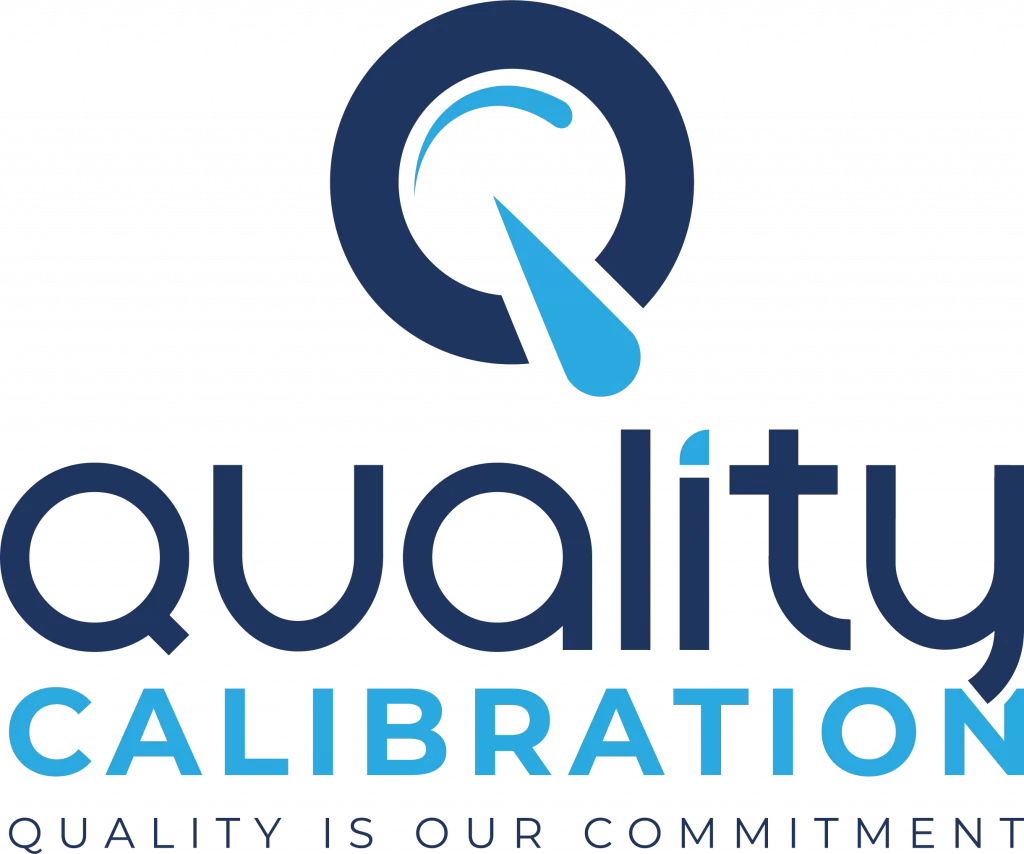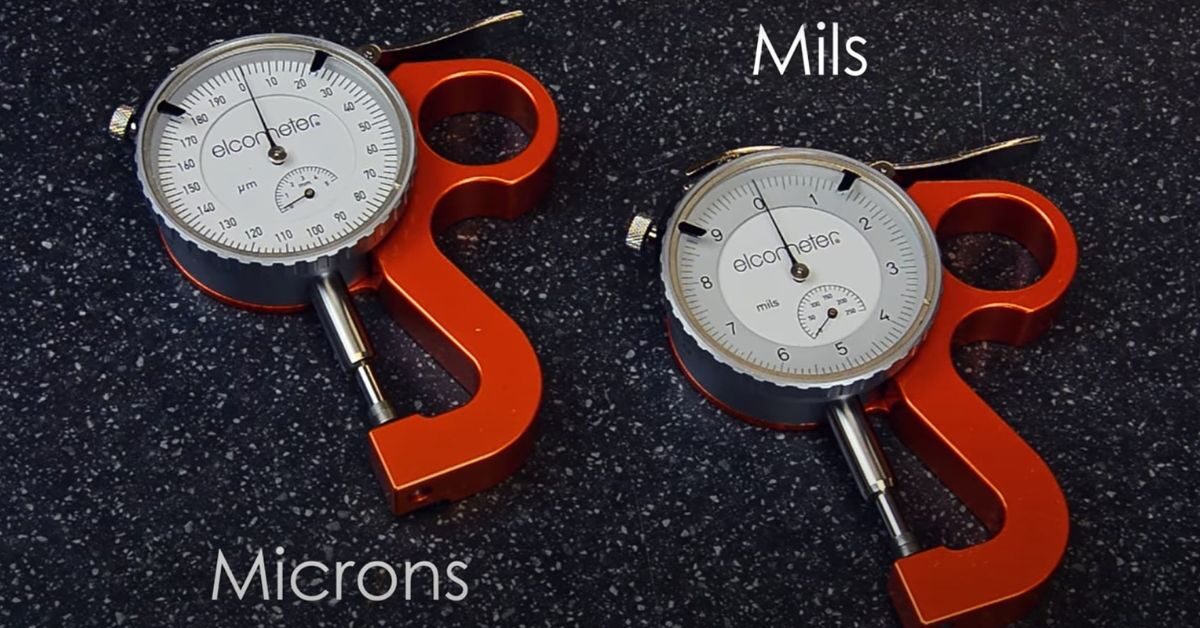What is Elcometer Calibration Certificate?
Do you want to know about Elcometer Calibration Certificate? Before answering, we would like to share what Elcometer is!
Elcometer is an inspection instrument used in industries like coatings, concrete and metal detection. The Elcometer calibrates by adjusting its output to the readings obtained from the reference standards, ensuring whether the device is accurate and reliable or not.
An Elcometer calibration certificate is a paper or document that provides important pieces of information about the accuracy and authenticity of Elcometer measurement types of equipment. It has great importance in providing several benefits to ensure the accuracy and reliability of measurement data. By providing a documented record of an instrument’s accuracy, an Elcometer calibration certificate assures users that their measurements are reliable and trustworthy. It provides evidence that the instrument has been calibrated by a reputable laboratory and meets the necessary standards for accuracy.
Purpose of Calibration Certificate
An Elcometer calibration certificate is a document that provides information about the calibration of a specific Elcometer device or instrument, including thickness gauges, adhesion testers, and surface profile gauges.
The purpose of the Elcometer calibration certificate is to provide evidence that an Elcometer instrument has undergone calibration and is operating within acceptable limits complying with industry standards and regulations. A valid calibration certificate for an Elcometer instrument can ensure that measurement data is reliable and can be used with confidence.
Components of an Elcometer Calibration Certification
1. Identification of the instrument: List of the standards used in the calibration process(including identification number, and traceability data), a detailed description of the instrument (make, model, serial no. etc) and the number of certifications for the identification of the instrument.
2. Calibration method used: Details procedure including relevant standards and guidelines that were followed during the calibration process.
3. Date of Calibration: The date of Calibration indicates the date on which the calibration process was performed by the calibrator.
4. Results or outputs of the Calibration: The accurate readings with appropriate corrections (if have) obtained during the calibration process.
5. Calibration uncertainty: The estimated uncertainty associated with the output of calibration is usually expressed as a numerical value and a level of confidence.
6. Signature of the calibrator: The name, title and signature of the technician or calibrator who performed the calibration procedures.
7. Statement of compliance: A definite or clear expression which indicates that the calibration equipment has been calibrated according to the relevant standards, rules and regulations.
Types of Elcometer Calibration Certificates
The Elcometer Calibration Certificates are mainly two types- Standard Elcometer Calibration Certificates and Accredited Elcometer Calibration Certificates.
-
- Standard Elcometer Calibration Certificate
This type of certificate is a document issued by Elcometer’s calibration laboratory and confirms that the instrument has been calibrated to the glucometer’s internal standards. It is typically used for instruments that do not require traceability to a national and international standard. It can also be called an ‘In-House calibration Certificate’.
-
- Accredited Elcometer Calibration Certificates
The accredited Elcometer calibration certificate is a document which confirms that an instrument has been calibrated by an accredited laboratory to meet Internationally recognized standards. Elcometer offers two types of accredited calibration certificates as follows:
1) UKAS Accredited certificate: This document is issued by a laboratory that is accredited by the UKAS (United Kingdom Accreditation Service). It ensures that the calibration has been performed to a high standard and meets the requirements of internationally recognized standards.
2) ISO 17025 Accredited Certificate: This certificate is issued by Elcometer’s ISO/IEC 17025:2017 accredited calibration laboratory, which has been independently assessed and certified to ISO/IEC 1706025:2017. This certificate ensures that the laboratory has the necessary technical competence and quality systems to perform reliable calibration.
The accredited Elcometer calibration certificate assures the customers with the highest level that their instrument has been calibrated to a recognized standard and is performing correctly. It is an essential document for maintaining the accuracy and reliability of the instrument and is often required for quality control purposes.
Both types of calibration certificates include information such as certificate number, date of calibration, description of the instrument, results of the calibration, uncertainty of measurement, calibration procedure, signature of the calibrator and statement of compliance.
Read more about Calibration Certificates for Laboratory Equipment.
How do Elcometer Calibration Instruments work?
It’s known to us that Elcometer is a widely used device for measuring coating thickness and other physical properties of various materials. Besides, Calibration is an important process that ensures the accuracy and reliability of the measurements taken by the Elcometer.
Let’s make an overview of the calibration process-
1) Before the calibration method, it is important to ensure that the Elcometer is clean and free from contaminants. The device should be turned off and allowed to cool down at room temperature. The calibration standards should also be cleared.
2) The Elcometer calibration process requires the use of standard references (materials of known thicknesses) that are used to verify the accuracy of the device. The calibration standards should be selected based on the range of thicknesses that are intended to measure.
3) The calibration parameters should be set according to the instructions of the manufacturer. It involves setting the calibration mode, selecting the calibration standard and entering the known thickness of the standard into the Elcometer.
4) After setting the calibration parameters, the Elcometer can be calibrated by placing it on the calibration standard and taking a measurement. The measured value should be compared to the known thickness of the standard, and any imbalance (if have) should be noted.
5) If the measured value differs from the known thickness of the calibration standard, adjustments can be made to the Elcometer’s calibration. This can involve adjusting the zero offset of the device until it matches the known thickness of the calibration standard.
6) Repeating the calibration with at least three calibration standards of different thicknesses to ensure that the Elcometer is accurate across its entire range of measurement.
7) After calibration, final verification should be done by using a reference material of known thickness to ensure that the device is accurate and ready for use.
An Elcometer can be calibrated to provide accurate and reliable measurements over a range of thicknesses by following the above steps. To provide the highest accuracy Quality Calibration Solution – Leading Calibration Lab in Bangladesh is here to help. Contact now.
Factors that Affect the Elcometer Calibration Process
Several factors can affect the method of calibration such as:
-
- Environmental conditions (temperature, atmospheric pressure, humidity)
-
- Type of the substrate (substrates being measured, such as metal, plastic, or wood)
-
- Type and thickness of the coating (different types of coatings require different calibration settings; e.g. a coating that is soft and flexible may require a lower calibration setting than a hard and rigid coating)
-
- Age and condition of the Elcometer (over time, the Elcometer may become damaged and can affect its calibration)
-
- The error of the operator (incorrect use of the instrument can result in inaccurate readings)
Regular checking and maintenance can help the Elcometer remain accurate and reliable.
The Importance of Elcometer Calibration Certificate
-
- Ensures accuracy and reliability of the instruments: The Elcometer calibration certificate provides evidence of the glucometer’s accuracy. The certificate is issued after the Elcometer goes through a strict calibration process (comparing the instrument’s outputs to a known standard). Before we have known that the certificate contains data such as the calibration date, the standard used, the calibration method, and the results of the calibration. The information assures the user that the Elcometer is functioning correctly and the results are accurate.
-
- Ensures consistent quality in the manufacturing process: The Elcometer calibration certificate is essential for quality control purposes. In the coating industry, the quality of the coating is critical, and any deviation from the desired specifications can result in significant problems, such as corrosion and product failure. Therefore, it is crucial to ensure that the Elcometer is calibrated regularly to maintain the accuracy of the coating measurements. The calibration certificate provides quality consistency in the manufacturing process.
-
- Compliance with industry regulations and standards: Many industries have strict standards and specifications that require the use of calibrated instruments. Having a valid calibration certificate for the Elcometer ensures compliance with these standards and regulations to prevent any legal or regulatory issues.
-
- Helps in preventing costly errors and equipment damage: Elcometer Calibration Certificate provides a commitment for training and technical support to the clients and helps to prevent costly errors and equipment damage.
Read more about requirements for Calibration Certificate in details.
- Helps in preventing costly errors and equipment damage: Elcometer Calibration Certificate provides a commitment for training and technical support to the clients and helps to prevent costly errors and equipment damage.
Why is it important to use calibrated instruments for calibration?
Some reasons behind using calibrated instruments for calibration are as follows:
a) Calibrating with a calibrated instrument ensures that the measuring equipment provides accurate and reliable measurements within the expected tolerances. This is particularly important in industries where accuracy is very critical (such as healthcare, manufacturing, and scientific research)
b) For improving quality control, quality assurance and quality verification
c) Incorrect measurement can lead to costly errors and safety hazards. Calibrating with a calibrated instrument reduces the risk of such errors.
d) Use of calibrated instruments enhances the reputation of a company by providing accurate and reliable products and services.
In short, calibrated instruments for calibration are essential for accurate and reliable measurement results, maintaining quality control, complying with standards, risk reduction, and enhancing reputation.
Bottom Line
An Elcometer calibration certificate is important because it ensures that the Elcometer device produces accurate and authentic measurements complies with industry standards and regulations. Inaccurate measurements can lead to product defects, equipment failure and even safety hazards. The calibration certificate provides a record of the calibration process for traceability and accountability as well as it’s also essential for quality control. It is a necessary tool for any business seeking to maintain a high level of quality assurance.
Moreover, many industries are required by law or regulation to maintain accurate measurement records and provide evidence of calibration certificates. Without proper calibration documentation, companies risk fines, legal action, and damage to their reputation. In summary, an Elcometer calibration certificate is a critical document that assures accurate measurements and compliance with industry standards. Its practical importance lies in ensuring the quality and safety of products and processes, as well as meeting legal and regulatory requirements. Read more about Calibration Certificate.

Md. Hasan Ibrahim is a Technical Manager at Quality Calibration with extensive experience in the calibration sector since 2015. Holding a Bachelor of Science degree in Mechanical Engineering from Khulna University of Engineering & Technology (KUET), he has received training from various national and international organizations including CSIR-CMERI, QSI, BAB, NML-BSTI, memmert, and X-rite. With expertise in ISO/IEC 17025 assessment, method validation, metrological traceability, and uncertainty, he has successfully completed numerous calibration projects across diverse industries such as pharmaceuticals, food & beverage, oil & gas, textiles & garments, power plants, batteries, chemicals, hospitals & healthcare, and private universities.





